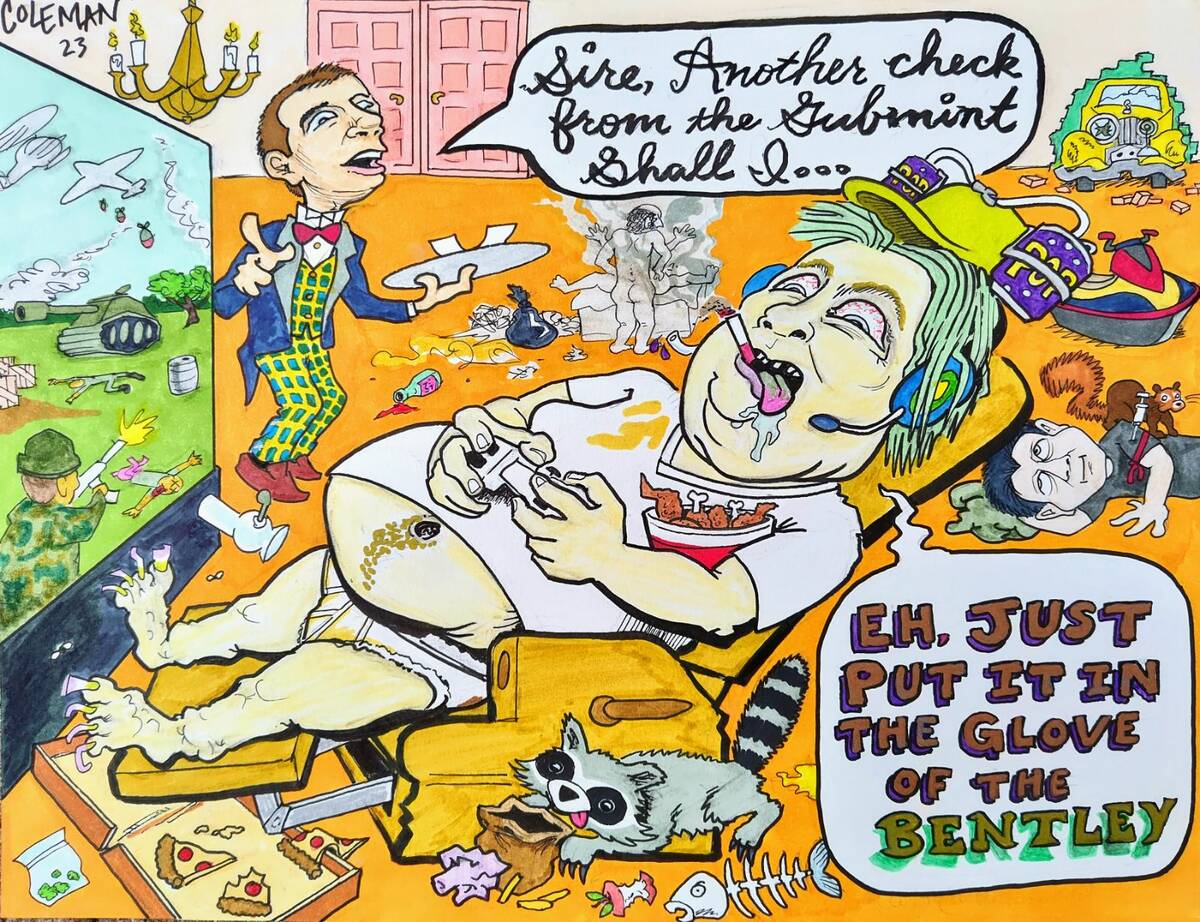EDITORIAL: When you pay people not to work, guess what?
The idea that paying people not to work might encourage unemployment seems like common sense. But during the pandemic, many Democrats argued precisely the opposite.
Recent studies, however, reveal that the empirical evidence lines up behind common sense.
Recall that Congress beefed up unemployment checks while expanding eligibility during the early days of the pandemic when governments ordered lockdowns and business closures. In addition to the usual state benefits, the feds added an additional $600 a week to individual payments. In addition, self-employed workers and others were added to the eligibility list.
By early 2021, vaccines were available and states began reopening. Yet in March of that year, congressional Democrats, with the help of President Joe Biden, extended the extra jobless benefits.
Job openings soared as employers had difficulty hiring. Democrats repeatedly claimed there was no nexus between the unusually large number of job postings and the generous unemployment checks.
About two dozen red states, however, eliminated the beefed-up benefits early. This provided economic researchers with the ability to compare different approaches.
In late 2022, the Federal Reserve of St. Louis released a study noting that, on average, employment increased in states that refused to extend emergency jobless benefits.
Enhanced unemployment checks “permitted many recipients to collect unemployment benefits close to or above their pre-pandemic wage,” the St. Louis Fed concluded. “Therefore, many recipients had little or no monetary incentive to work. Termination of a state’s EUB programs cut or eliminated such generous benefits for many, which effectively restored the incentive for many to work.”
A paper by three economists released last month reaches similar conclusions. “Using Current Population Survey data, we present difference-in-difference and event study estimates that the flow of unemployed workers into employment increased by around two-thirds following early termination,” note authors Michael R. Strain, R. Glenn Hubbard and Harry Holzer of Georgetown, Columbia and the American Enterprise Institute, respectively.
They go on to note that “expanded eligibility and generosity of (unemployment insurance) may have both slowed transitions from unemployment to employment.”
These benefits were also part of the spending spree by congressional Democrats and the White House that helped fuel the resurgence of inflation.
Much of the progressive agenda is based on wishful thinking. Hence the fantastical belief that paying able-bodied people not to work doesn’t discourage them from working. Is it too much to hope that they can learn from experience?
This commentary was originally published in the Las Vegas Review-Journal.













